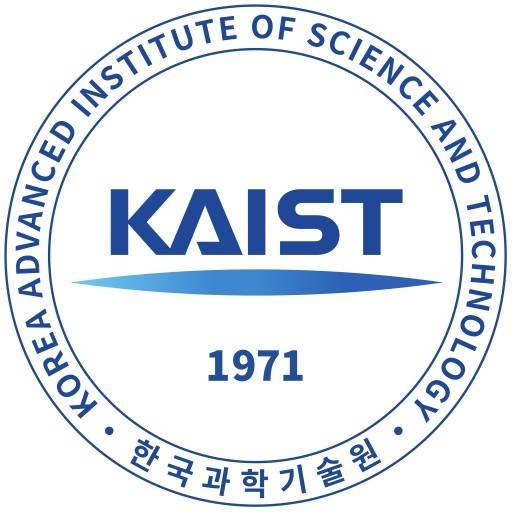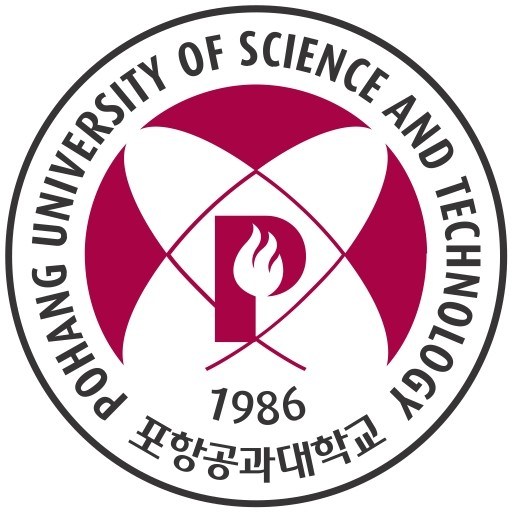Photos of university / #official_kaist
Industrial and Systems Engineering at Korea Advanced Institute of Science and Technology (KAIST) is a comprehensive graduate program designed to equip students with advanced knowledge and practical skills to optimize complex systems and improve operational efficiency across various industries. The program emphasizes interdisciplinary approaches, integrating principles from engineering, mathematics, computer science, and management to develop innovative solutions to real-world problems. Students engaged in this program will learn to analyze, design, and manage systems in manufacturing, healthcare, logistics, service industries, and technology sectors, preparing them for leadership roles in academia, industry, and research institutions.
The curriculum combines theoretical foundations with practical applications, offering courses in operations research, data analytics, systems simulation, human factors engineering, supply chain management, and automation. Practical training is provided through project-based learning, internships, and collaborations with industry partners, fostering hands-on experience in system analysis and improvement. Students also have opportunities to participate in cutting-edge research projects under the guidance of renowned faculty members, many of whom are internationally recognized experts in their fields. The program encourages innovation, critical thinking, and problem-solving abilities, enabling graduates to address complex challenges faced by modern organizations.
KAIST’s state-of-the-art laboratories and research centers support advanced research in industrial processes, information systems, and intelligent manufacturing. The program also promotes global perspectives through international collaborations, conferences, and exchange programs, preparing students for careers in the international arena. Graduates of the Industrial and Systems Engineering program are well-positioned to pursue careers in manufacturing industries, consulting firms, government agencies, and entrepreneurial ventures or to continue their academic pursuits with doctoral studies. Overall, this program offers a rigorous and dynamic educational environment that cultivates the next generation of engineers and researchers dedicated to enhancing efficiency, productivity, and sustainability in diverse system environments.
Mandatory General Course
- Special Lecture on Leadership
- Ethics and Safety II
- Scientific Writing
- Introduction to Computer Application
- Probability and Statistics
- Introduction to Materials and Engineering
- Engineering Economy & Cost Analysis
- Introduction to Instruments
- Entrepreneurship and Business Strategies
- Patent Analysis and Invention Disclosure
- Collaborative System Design and Engineering
Elective Major Courses
- Human Centered Systems Design
- Advanced Topics in Engineering Economy & Cost Analysis
- Production System Design
- Optimal Location of Facilities
- Linear Programming
- Simulation and System Modeling
- Systems Engineering
- Convex Optimization
- Network Theory and Applications
- Scheduling Theory and Applications
- Business Telecommunication Systems
- Genetic Algorithms and Applications
- Convex Optimization
- Regression Analysis: Theory and Practice
- Manufacturing System and Supply Chain
- CAD/CAM and Geometric Modeling
- Product Lifeclcle Management
- Knowledge-Based Design System
- Advanced Information System Engineering
- Information Security Policy & management
- Human-Computer Interaction: Theory and Design
- Military Operations Research Theory and Applications
- War Game Modeling
- Analysis of Weapon Systems
- Healthcare Service Delivery Systems
- Portfolio management and Financial Optimization
- Structuring and Pricing of Financial Products
- Risk Management
- Fundamentals of Systems Engineering
- Research in Financial Economics
- Analysis of Inventory Management Systems
- Integer Programming
- Stochastic Processes
- Queueing Theory
- Combinatorial Optimization
- Intelligent Systems & Soft Computing
- Wireless and Cellular Communication Systems
- Supply Chain Optimization
- Mathematical Statistics
- Forecasting and Time Series Analysis
- Design and Analysis of Experiments
- Life Testing and Survival Analysis
- Quality Engineering
- Data Mining
- Introduction to AI/ES Technology
- Stochastic Modeling II
- Material Storage & Handling Systems
- Cognitive Engineering
- Special Topics in Industrial Engineering II
Research
- Thesis (Doctoral Course)
- Seminar in Ph.D.
- Individual Study (Ph.D.)
Requirements
- Application Form
- Statement of Financial Resources
- Letters of Recommendation
- Degree/Diploma
- Transcripts
- English Proficiency Test Reports (EPT)
TOEFL (PBT 560, CBT 220, IBT 83), IELTS 6.5, TEPS 599, TOEIC 720 or higher - Curriculum Vitae
- List of Honors and Awards
- Employment Certificate
- School Profile/Credit Rating System
- The application fee is KRW 80,000 or USD 80. Payment can be made by credit card or bank transfer after writing application form online. Please note that application fee is non-refundable and you cannot modify application form once you pay the application fee.
Scholarships
- KAIST International Student Scholarship
- Korean Government Scholarship (KGSP)
- Russian Government Scholarship – Global Education Program (GEP)
The Department of Industrial and Systems Engineering at Korea Advanced Institute of Science and Technology (KAIST) is a renowned academic program focused on optimizing complex processes and systems in various industries. This program aims to equip students with a comprehensive understanding of the principles of engineering, manufacturing, logistics, and management to improve efficiency, productivity, and quality across different sectors. The curriculum emphasizes a multidisciplinary approach, integrating knowledge from industrial engineering, operations research, data analytics, supply chain management, and human factors engineering.
Students enrolled in this program have access to state-of-the-art laboratories and research facilities, enabling practical learning and cutting-edge research opportunities. The program offers a variety of courses encompassing systems modeling, simulation, optimization techniques, quality control, and decision analysis. Additionally, students are encouraged to develop skills in data analysis, machine learning, and automation technologies to meet the demands of modern industry environments.
KAIST's industrial and systems engineering program collaborates with leading industries and research institutions, providing students with internships and industry-sponsored projects that foster real-world problem-solving abilities. The faculty comprises internationally recognized experts dedicated to advancing research in areas such as production systems, service operations, healthcare systems, and sustainable manufacturing. The program also emphasizes leadership and management skills, preparing graduates for managerial roles or academic careers.
Graduates from this program are well-positioned to pursue careers in manufacturing, logistics, consultancy, technology development, and academic research. The program typically culminates in a thesis or research project, highlighting students' ability to apply theoretical knowledge to practical challenges. Overall, KAIST’s Department of Industrial and Systems Engineering offers a rigorous and comprehensive education designed to produce innovative engineers capable of addressing complex industrial problems in a global context.


